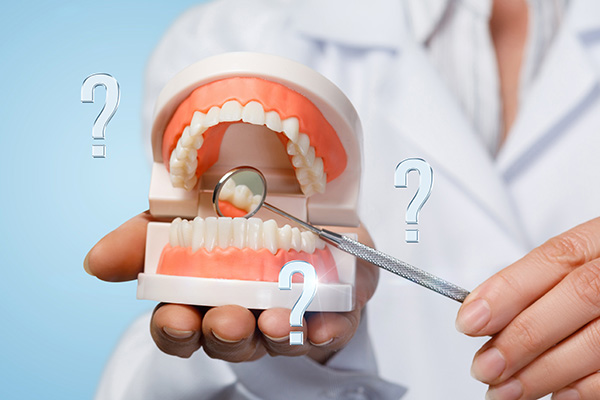Is a Patient Sedated When Getting a Dental Implant?

Getting a dental implant requires oral surgery and, as a result, a patient may be sedated. There are many types of anesthesia that could be utilized. The one that is chosen depends on factors like the number of implants to be placed and the patient’s personal comfort and preference. Typically, a patient will not be completely unconscious during the procedure.
The types of anesthesia
Anesthesia is used in many medical procedures to ensure surgery is done without pain to the patient. There are different types of anesthesia, with three types being the most common in the case of dental implant surgery: local, general and conscious sedation. The type of anesthesia that is used will depend on how complicated the surgery is and what the patient feels comfortable with.
Local for minor procedures
Local anesthesia is typically used when only one or two dental implants are being placed. When local anesthesia is administered, the area of the mouth being worked on will be numbed and the patient will be awake. This type of anesthesia is generally used for minor implant surgery because the procedure time is shorter than when multiple implants are being placed.
General for bone grafting
General anesthesia is the strongest type. It is mostly used when bone grafting is necessary. During the dental implant process, bone grafting may be required if the patient does not have enough healthy bones in their mouth to support the implants. Under general anesthesia, the patient will be completely unconscious and will not remember the procedure.
Conscious sedation for dental anxiety
A form of anesthesia called conscious sedation is also offered by some oral surgeons. For patients with dental anxiety, conscious sedation can help them relax during the surgery. This type of sedation is usually administered as nitrous oxide or medication that causes drowsiness and removes feelings of anxiety and stress. The patient is still awake under conscious sedation, but they are typically in a dream-like state.
Recovering after surgery
Sedation can make the surgery painless for the patient during the procedure, but most patients will experience at least minor discomfort in the recovery period. Painkillers such as ibuprofen are usually all that is needed to relieve pain in the chin, cheeks or under the eyes. Patients should also use an icepack to help reduce swelling and eat soft foods.
The recovery period after surgery is relatively short and for most patients lasts less than a week. To reduce discomfort, patients should rinse their mouths with warm salt water at least twice daily and be gentler when brushing teeth. Regular checkups with the dentist will be necessary to ensure the implants have bonded with the bone and healed.
Conclusion
Patients are commonly sedated during dental implant surgery to protect against pain during this invasive procedure. Most patients are put under conscious sedation while local anesthesia is applied to the area of the mouth that is being worked on. Unless bone grafting is involved, general anesthesia is rarely used in dental implant surgery.
Request an appointment here: https://riverfallsfamilydental.com or call River Falls Family Dental at (812) 962-7342 for an appointment in our New Albany office.
Check out what others are saying about our services on Yelp: Read our Yelp reviews.
Recent Posts
Dentures are a well-known option for replacing missing teeth that are often given a bad reputation in their reliability. We have all watched the childhood film, where the elderly character has their dentures fall out of their mouth at the dinner table. While this exaggerated age-old misconception is based on legitimate concerns of denture wearing,…
There are several options for replacing missing teeth, and the treatment that is best for you will depend on factors like lifestyle, budget, and dental health. A professional dentist can help you determine what option is appropriate for you.Options for replacing missing teeth include:Tooth-supported or implant-supported bridgesPartial or complete denturesDental implantsThese options for replacing missing…
A smile makeover may be the answer for people who are embarrassed to show their teeth. A makeover consists of one or more dental procedures that treat or cover up imperfections with the gums or teeth. There are various methods that a dentist may use to change the appearance of one's smile, and they range…
A dental crown can restore a damaged, worn, or weakened tooth. This restoration can bring back your healthy smile and stable dental function. Knowing the benefits of dental caps can motivate you to set an appointment soon. Here are the benefits of a dental crown that you must consider.Losing a tooth can be annoying, especially…


